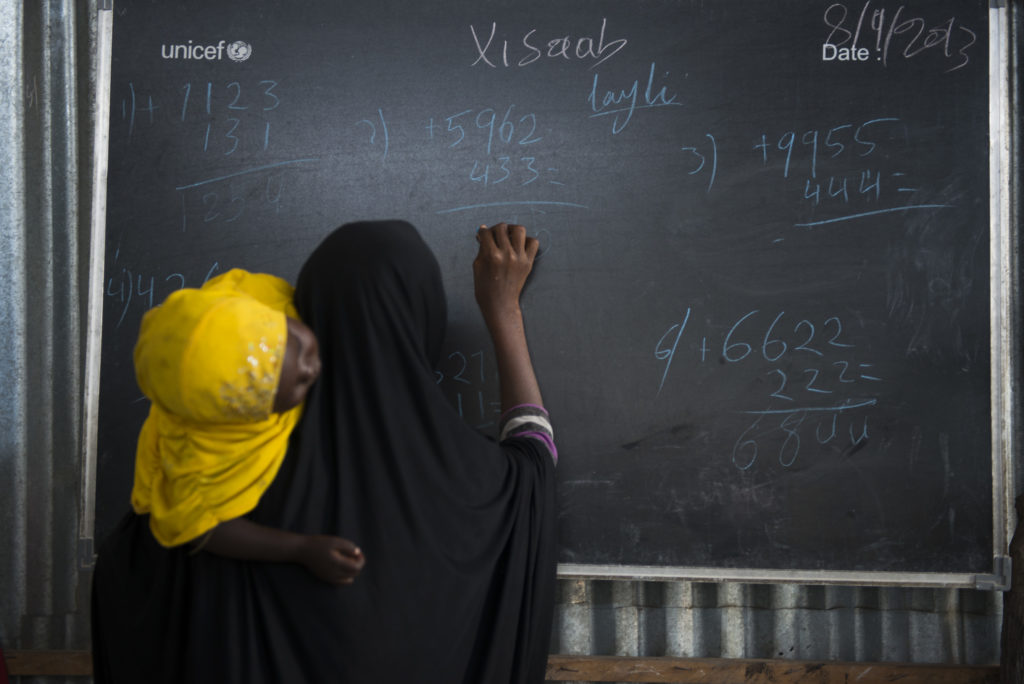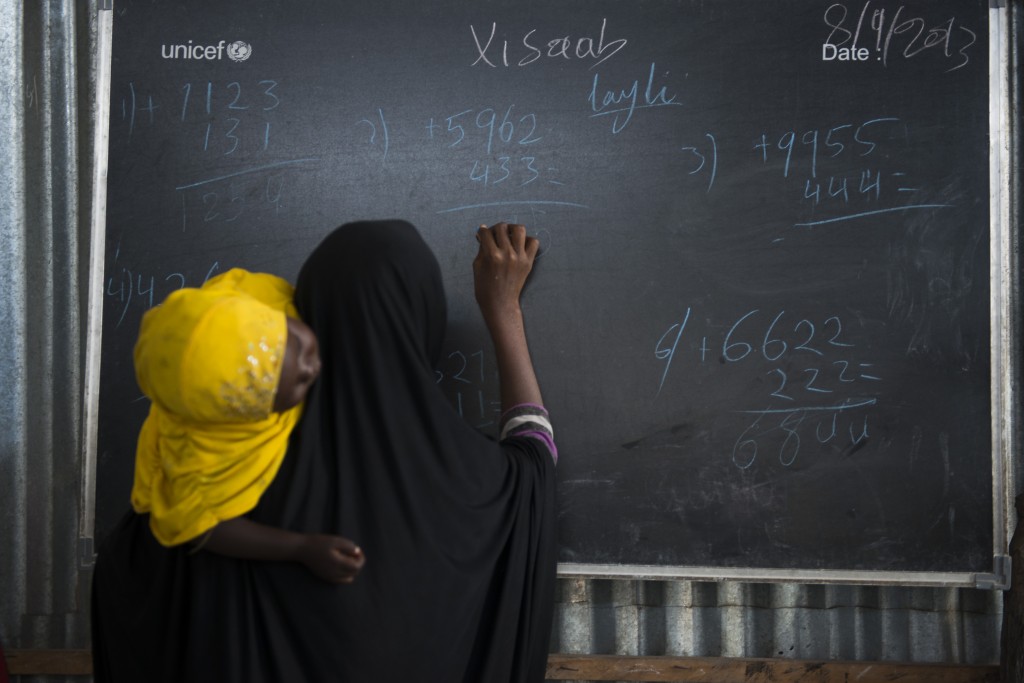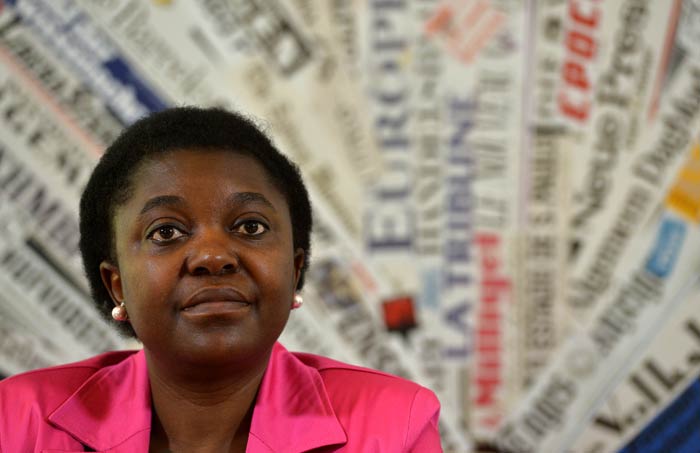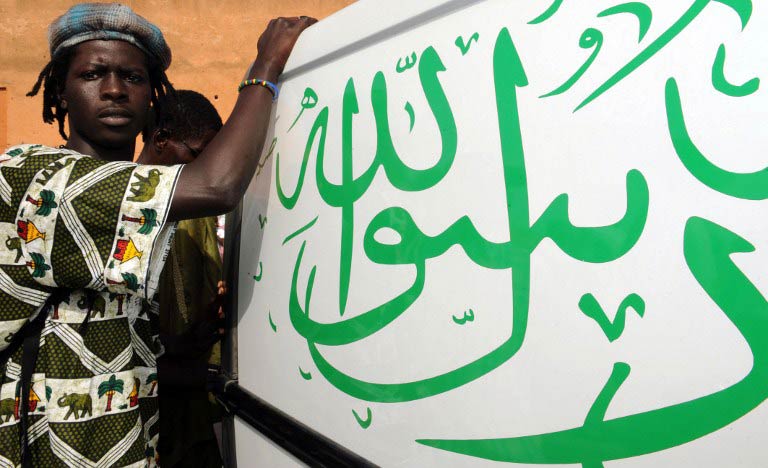A friend visiting my hometown recently was quite shocked at the male-on-male affection he had received and witnessed since being in Uganda. As a heterosexual and somewhat macho male, he was uncomfortable with the hand-holding attempts made towards him by his Ugandan male hosts, coupled with the fact that he was completely caught off guard since he’d pegged Uganda as an ultra-masculine country as a result of all the anti-gay media reports. While the affection he was referring to has nothing to do with homosexuality or masculinity, it did make sense to me that an African-American 30-year-old male from New York would feel confused by a guy trying to hold his hand. I suppose I overlooked bringing up this cultural custom in my tourist guidelines for him, but I can see that it is noteworthy to mention, most especially to those with a more Western approach to same-gender PDA.
As a woman, observing male behavior from mannerisms to ego makes for interesting viewing – just as men enjoy peering, prowling and poking fun at our occasional feline cattiness and the mysticism surrounding us going to the bathroom in pairs. When you walk on Kampala’s streets, it isn’t uncommon to see two male friends walking hand in hand, peacefully and jubilantly swinging their hands in the basking sun or grown men greeting each other with a handshake that lingers into a hand interlock that lasts for a substantial part of the conversation. It is a very effortless and comfortable display of friendship, respect and affection. When I was younger I was embarrassed by my male family members holding hands with other males when greeting, most especially when they would do so with men of a different race, culture and background who were obviously uncomfortable and trying their level best to free themselves from the situation.
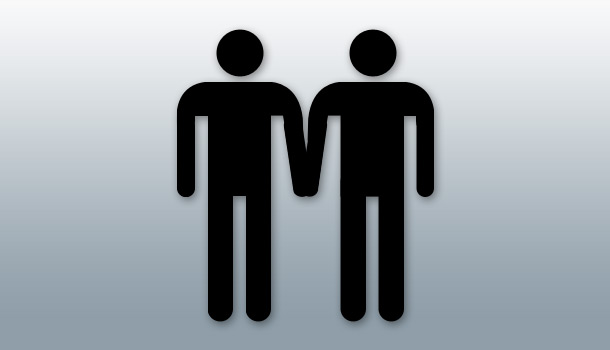
Western culture regards adult hand-holding as effeminate, romantic, something that generally takes place between a man and woman, a romantically involved couple, not between two heterosexual, non-feminine, virile African men. Once one gets rid of these preconceived and often fear-induced interpretations, it becomes obvious that these displays of affection are actually actions of good nature, solidarity and hospitality, not romantic fondness. In a debate with said African-American friend, I defended the affections he received from Ugandan males as no different to his regular greetings with his American friends. The only difference is that their actions have been adjusted and have conformed to fears and preconceptions of straight vs gay behaviour. I argued that their masculinity is increasingly being defined by rules and definitions of appropriate male behaviour in fear of seeming gay and ultimately fear of being gay, especially among black males. Same-gender affection is a normal part of life; our children do it naturally until they too become molded by ‘acceptable’ behavior, stereotypes and fear.
“I guess it’s an African thing,” he said.
I wasn’t going to let him get away with a conclusion that easily, most especially because I know many other cultures are less inhibited with expressions of bro-love. And I was right. Parts of Asia, the United Arab Emirates and other African countries tend to be more comfortable with male-on-male PDA, but just because it is uncommon in America now doesn’t mean it has always been that way.
I came across some 19th century American photography that proved my point. At the time it was quite common for men to go to a studio with their best friends and pose in seemingly affectionate and loving poses. They held hands, sat on each other’s laps, intertwined their hands and legs … I rest my case. This was before homosexuality was termed such so perhaps the boundaries for homosexual behavior were less narrow and prejudiced. Men could hold hands because they liked each other, because they felt like it, because it wasn’t wrong to do so. This is all quite similar to 21st century Africa, where we aren’t yet as hung up with creating boundaries between heterosexual and homosexual behavior, although perhaps we are at the early stages of doing so.
When my African-American friend’s favourite basketball team celebrates a win or do whatever it is they do that drives them into a chest-bumping, ass slapping, hugging situation – that behavior isn’t equivocal to homosexuality, because it has been deemed appropriate by the powers that be, because it’s sports, adrenalin, basketball players or any other reason one could concoct, then it is acceptable? I guess so.
My friend felt assured and I suppose relieved that people weren’t making constant passes at him, but he wasn’t sure if he could return the love, and I get that. We can respect the cultural practices of others without having to conform to them. One needn’t feel forced to kiss another man on the cheeks because he is in Rome or walk the streets hand in hand with their buddy in Uganda but, as I said to my friend, if he does he’ll still be a ‘real’ man afterwards – I promise.
Melinda Ozongwu is a writer based in Kampala, Uganda. She writes television scripts and regular opinion pieces on the subtext of urban culture in African countries. Her blog SmartGirl Living is a cocktail of thoughts, recipes and advice for the modern African woman. Connect with her on Twitter.

